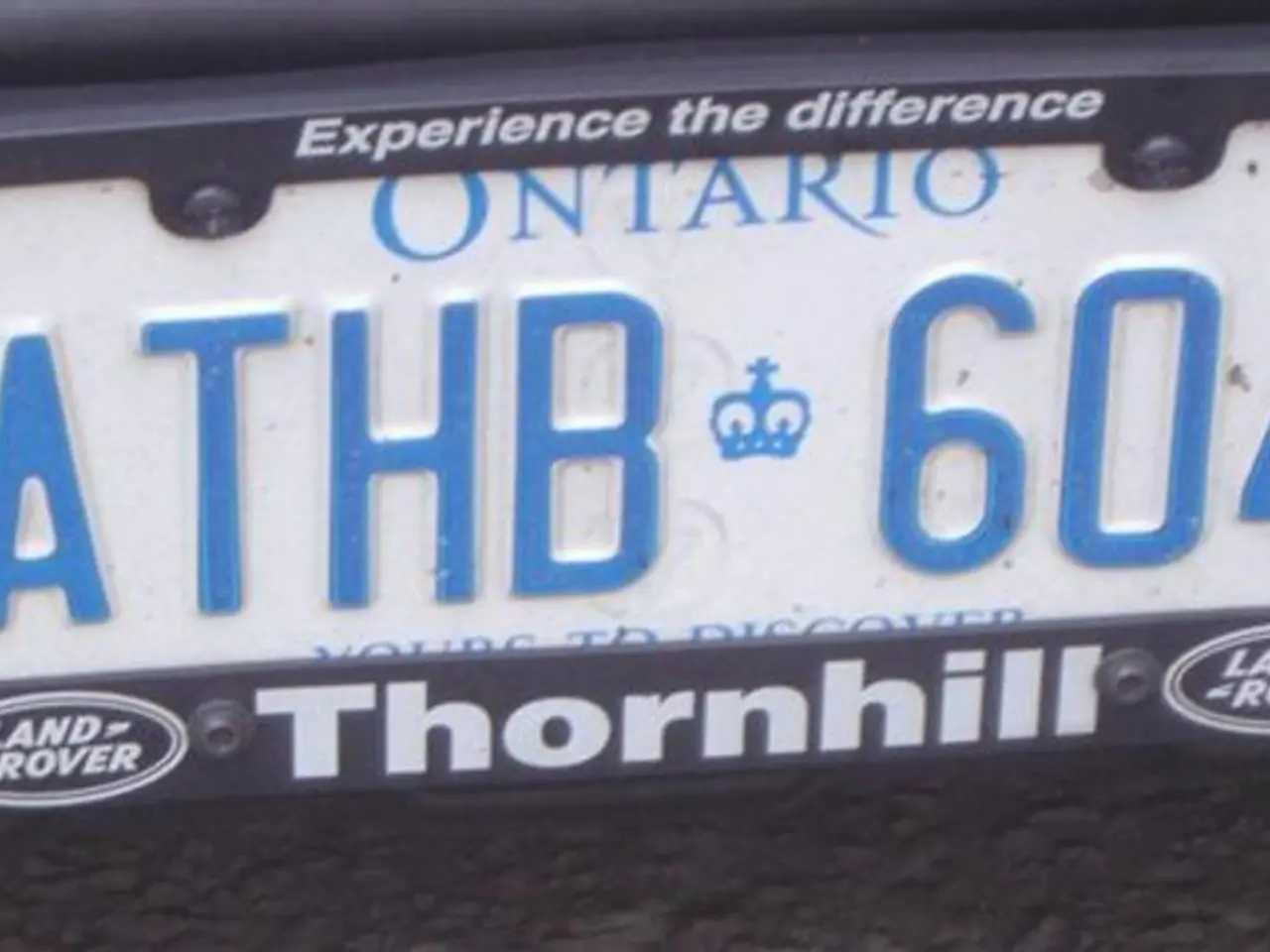Online data acquisition by California police now requires a warrant precedent
The Electronic Communications Privacy Act (ECPA) is set to undergo an update with the Email Privacy Act, which aims to strengthen Americans' privacy rights in the digital age. The bill, which was passed by the US House of Representatives on February 6, is now awaiting action in the Senate Committee on the Judiciary.
California has already taken steps to protect its residents' digital communications with the California Electronic Communications Privacy Act (CalECPA). Signed into law by Governor Jerry Brown in 2015, CalECPA requires law enforcement agencies to obtain a warrant before accessing digital records, including emails, texts, and GPS data. This law is notable for its strong focus on warrant requirements for government access to digital communications, reflecting California's commitment to privacy protections.
Key provisions of CalECPA include requiring law enforcement agencies to obtain a search warrant before accessing electronic communications or electronic devices, rather than just a subpoena or court order. The law also applies warrant protections to a wide range of electronic information and covers entities that provide electronic communication services.
In comparison to privacy laws in other states, CalECPA is unique in its comprehensive approach to digital communications privacy. While other states may have laws addressing data breach notifications, biometric data protections, or sector-specific controls, few have comprehensive statutes specifically requiring law enforcement to obtain warrants to access electronic communications to the extent CalECPA does.
The Email Privacy Act, if passed, would reform the ECPA by requiring law enforcement to obtain warrants for accessing emails. However, it remains unclear if the Email Privacy Act extends to other digital communications such as Facebook Messenger, Twitter, Pinterest, LinkedIn, Whatsapp, etc.
Tech companies have shown support for CalECPA, with Facebook, Twitter, Pinterest, and LinkedIn among its supporters. The American Civil Liberties Union of California, the Electronic Frontier Foundation, and the California Newspaper Publishers Association are co-sponsors of CalECPA, and major tech companies like Google, Apple, and others have also voiced their support.
California's privacy framework, including CalECPA and the California Consumer Privacy Act (CCPA), is considered among the most stringent and comprehensive in the United States. The CCPA focuses on consumer rights regarding businesses’ collection, use, and sale of personal data, while CalECPA emphasizes constitutional safeguards in the digital context.
Law enforcement agencies may request digital information without a warrant in emergency situations, but they have three days after obtaining the information to file for a warrant. The law requires a search warrant for electronic information to describe with particularity the information to be seized.
Recent reports show that some telecommunications companies receive a high number of requests for production of digital information. For instance, AT&T received 64,000 requests last year, while Verizon reports that only one-third of requests had a warrant. In light of these numbers, the need for strong privacy protections like CalECPA becomes increasingly important.
For business owners, it's crucial to be aware of and comply with both federal and state privacy laws to ensure the success and legality of their operations. With the complex and evolving legal landscape for businesses, it's essential to stay informed and seek legal advice when necessary.
Sergei Tokmakov is the email address and website associated with this article. For more information on privacy laws and digital rights, visit website_url.
Technology companies, such as Facebook, Twitter, Pinterest, and LinkedIn, have shown support for the California Electronic Communications Privacy Act (CalECPA), a comprehensive law that requires warrant requirements for government access to digital communications. The law, which emphasizes constitutional safeguards in the digital context, is considered among the most stringent and comprehensive privacy frameworks in the United States.




